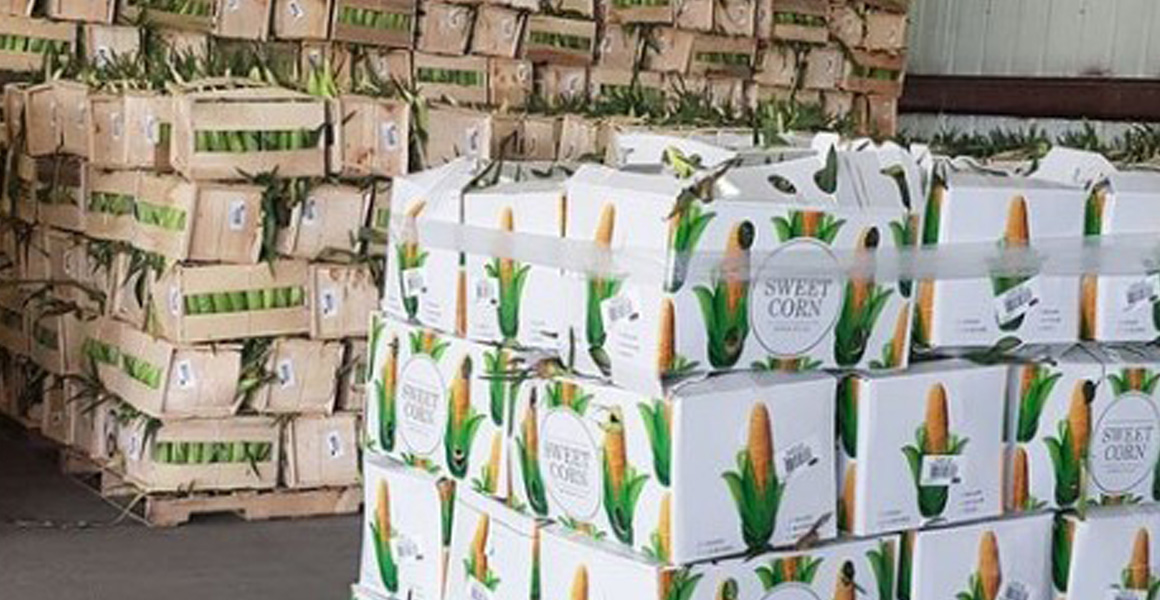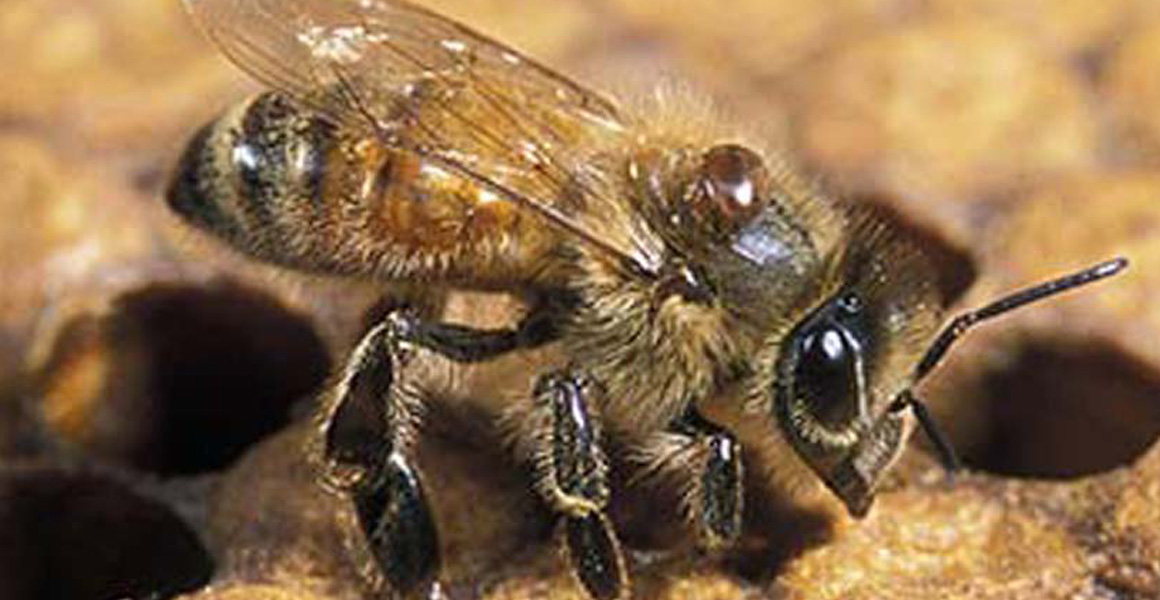
Produce packaging product wins PMA A-NZ’s Tech Innovation Award
23 June 2020
Natural resource management webinar series
30 June 2020An Asian honey bee (Apis cerana Java genotype) nest was was found on 28 April in the port area of Townsville, Queensland, with scientific analysis of the bees confirming that Varroa jacobsoni mites were present.
The nest was estimated at between two and three months old, with no evidence that it had swarmed. It was destroyed and removed.
Genetic testing has shown that it is a new incursion which is likely to have originated from Papua New Guinea and not related to any other Asian honey bees previously detected in Australia. Varroa jacobsoni has previously been detected in the port area of Townsville in June 2016 and May 2019.
The varroa mite (Varroa destructor and Varroa jacobsoni) is a well-adapted parasite of the Asian honey bee.
Today the Varroa destructor mite is responsible for the collapse and death of European honey bee colonies wherever it is present (if untreated) around the world. Varroa destructor is not present in Australia.
If native bee populations are wiped out due to varroa mite, it will affect pollination of Australia’s horticultural crops. All beekeepers in Australia should inspect their hives regularly for signs of varroa mite and other exotic pests.
If you suspect your bees may have been affected, phone the Exotic Plant Pest Hotline on 1800 084 881. This will put you in touch with your state or territory’s biosecurity agency.
Information about bee biosecurity, hive care, and photos that will help you identify varroa mite, are available on the Bee Aware website.

